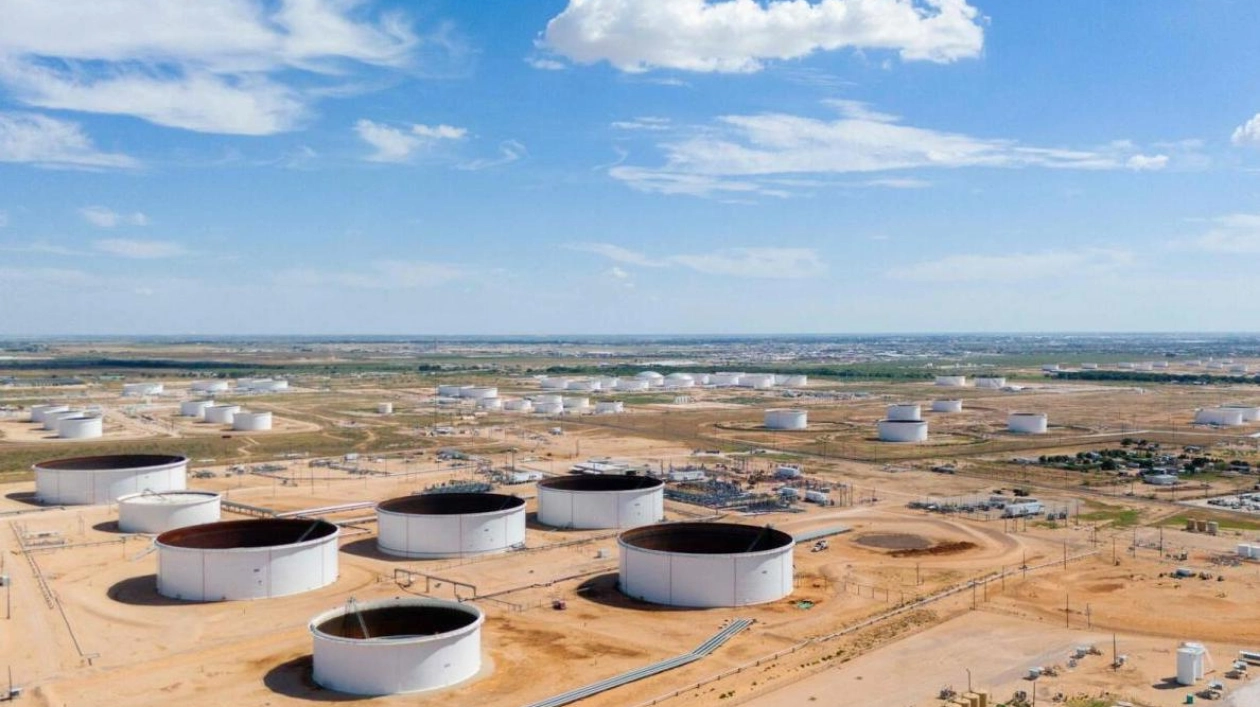Oil prices remained stable on Tuesday as a hurricane that struck a major U.S. oil production region in Texas caused less damage than anticipated, alleviating fears of supply disruptions. Brent futures increased by 4 cents to $85.79 per barrel by 0622 GMT, and U.S. West Texas Intermediate (WTI) crude rose by 2 cents to $82.35. Despite a slowdown in oil refining activities and evacuations at some production sites, the major refineries on the U.S. Gulf Coast seemed to have suffered minimal effects from Hurricane Beryl, which weakened into a tropical storm after hitting the Texas coast.
"Early indications suggest that most energy infrastructure has come through unscathed," stated ING analysts Warren Patterson and Ewa Manthey in a client note, noting that the market reaction in crude oil and refined fuel markets indicates minimal concern about supply disruptions from the hurricane. This eased market concerns about potential supply disruptions in Texas, which produces 40% of U.S. crude oil. Major oil-shipping ports around Corpus Christi, Galveston, and Houston had been closed ahead of the storm. The Corpus Christi Ship Channel reopened on Monday, and the Port of Houston was expected to resume operations on Tuesday afternoon. Several key refiners, including Marathon Petroleum, were also preparing to restart their refining units.
Market participants are also monitoring the situation in the Middle East for further trading signals. Oil prices fell by 1% on Monday amid hopes that a potential ceasefire deal in Gaza could alleviate concerns about global crude supply disruptions. Senior U.S. officials were in Egypt for talks on Monday, but the White House stated that gaps remained between the two sides, and Hamas reported that a new Israeli push into Gaza threatened the potential agreement. Markets were also awaiting the release of key U.S. inflation data, with Federal Reserve Chair Powell set to appear before Congress on Tuesday and Wednesday, as investors speculated that a series of weak labor market data has significantly increased the likelihood of an interest rate cut in September to about 80%.
"With a recent run in U.S. economic data raising bets for a September rate cut, any validation from upcoming inflation progress may help to support the broader risk environment, which may offer some room for oil prices to stabilize on a more favorable demand outlook," said IG market strategist Yeap Jun Rong in an email. Robust liftings of Saudi crude from Asian buyers on a contractual basis also provided market support, with August exports to China set to rise for the first time in four months.






